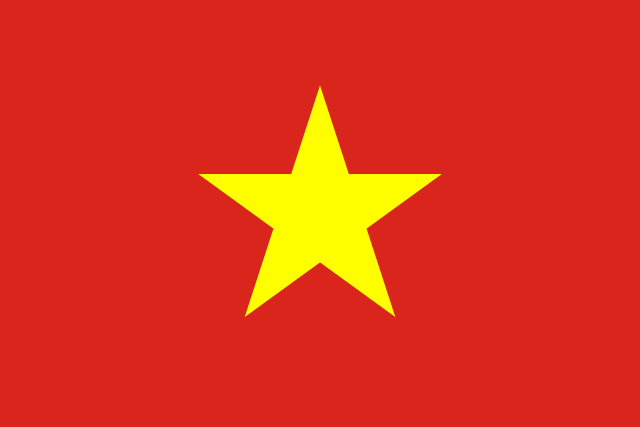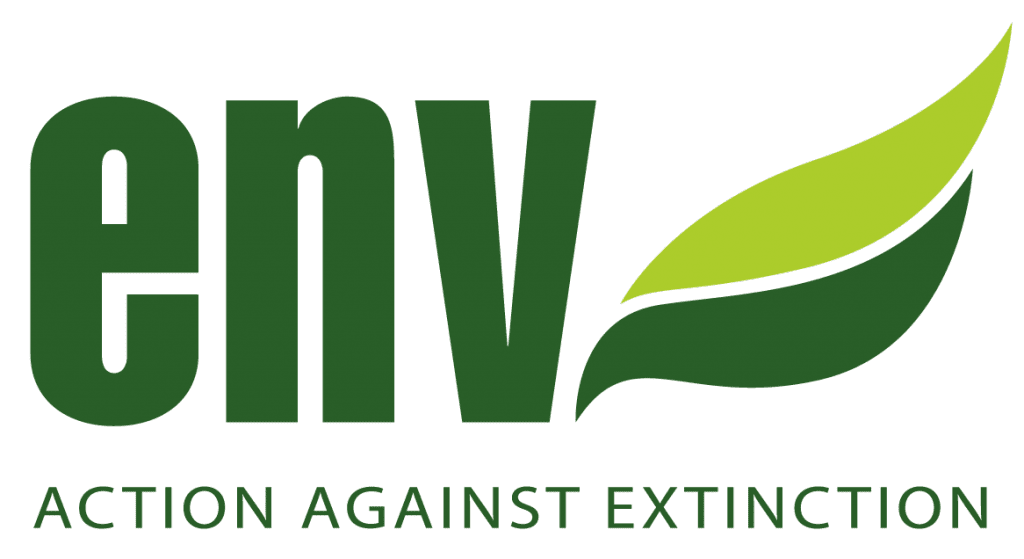Public urged to debunk rhino horn myths and save rhinos from extinction
Ha Noi (August 22, 2018) – Education for Nature – Vietnam (ENV) has released its latest Public Service Announcement (PSA) urging the public to help bring an end to the slaughter of rhinos in Africa.
The PSA features a successful and very popular businessman who takes pride in his huge social media following and constant affection from his friends, family and colleagues. When an advertisement pops up on his social media page about whether he likes using rhino horn, he confirms that he does, thinking it is a symbol of wealth and popularity. His social media fan base, immediately reacts, unfollowing and un-friending him rapidly until he is reduced to zero followers; a clear sign of public disapproval and shifting perceptions on rhino horn use. Without his popularity, he is a broken, lonely man and realizes that society does not condone the use of rhino horn.
Vietnam is a major transit and consumer country of rhino horn. For many years a small minority of people believed that rhino horn held medicinal properties. As Vietnam’s middle class continues to grow, enriched by the country’s rapid economic growth, rhino horn unfortunately came to be perceived as a status symbol sometimes used as a luxury gift to foster business relationships. This has stimulated greater demand for rhino horn in Vietnam.
Although the last wild Javan rhinoceros in Vietnam was killed for its horn in 2010, the rising consumer demand in Vietnam has driven the killing of rhinos across Africa. Consumer demand has also fueled the trafficking and trade of rhino horn, and paved the way for an increasing number of criminal networks to freely operate, such as that of Nguyen Mau Chien, a known leader of a major criminal network, smuggling rhino horn and ivory from Africa to Vietnam.
In 2017, 1,028 rhinos were illegally killed in South Africa to meet consumer demand, 26 fewer than in 2016, but far above the 13 killed in 2007. This represents nearly three rhinos killed every day and highlights the stark reality that rhino populations are still in critical danger. According to the International Union for Conservation of Nature (IUCN), if poaching continues to increase at current rates, rhinos could be extinct by 2026.
“Should we feel ‘special’ consuming rhino horns when our obsession is driving a magnificent animal to the brink of extinction and enriching criminals who make money at the expense of our planet’s biodiversity?” asks Nguyen Phuong Dung, ENV’s Vice Director.
Dung called on the public to lend a hand in bringing an end to this senseless killing. “Protecting the world’s rhino populations is a responsibility shared by all of us as Vietnamese citizens,” says Dung. “It is high time for us to dispel myths and rumors about the supposed magical properties of rhino horn and mobilize efforts to save rhinos and let wild populations recover.”
Dung went on to urge the public to “stand up and get involved” by committing to neither buy nor consume rhino horn, encouraging others to protect rhinos, debunking falsified myths of being a magic medicine or wealthy gift, and reporting crimes involving the selling or trade of rhino horns to local authorities or ENV’s 1800-1522 Wildlife Crime Hotline.

